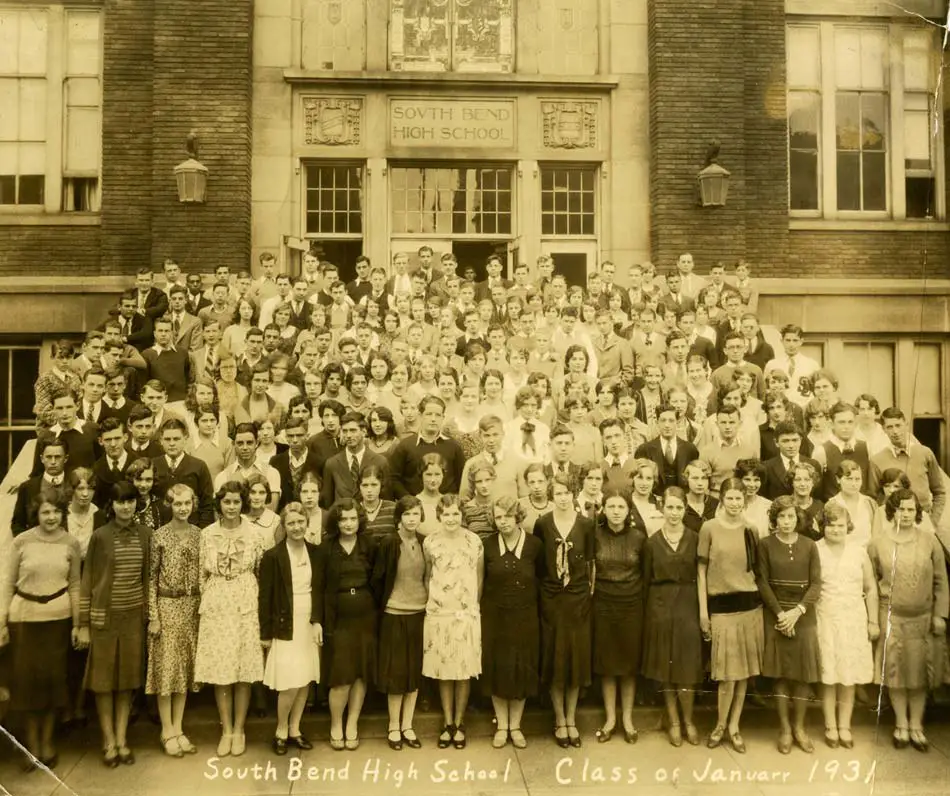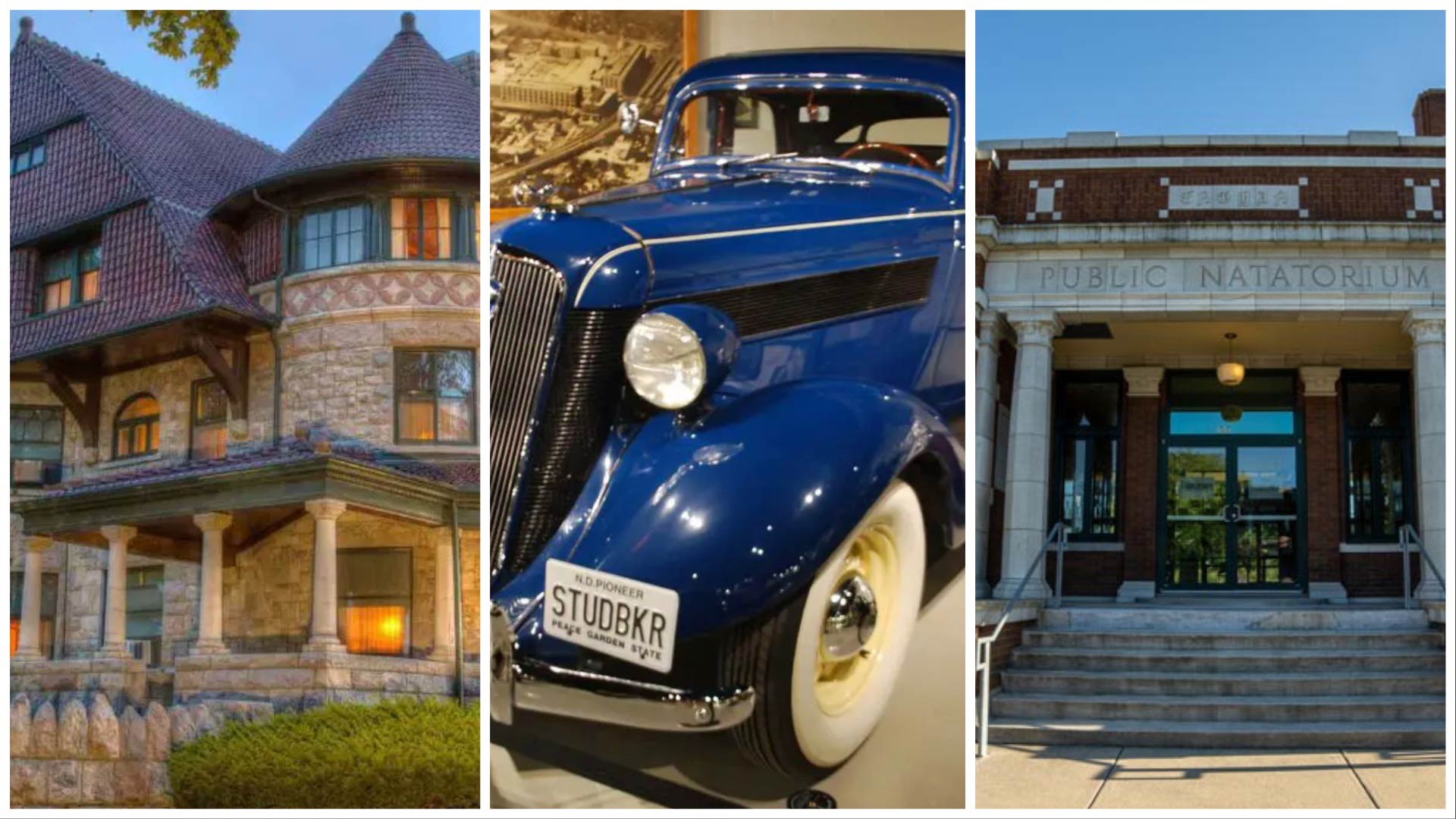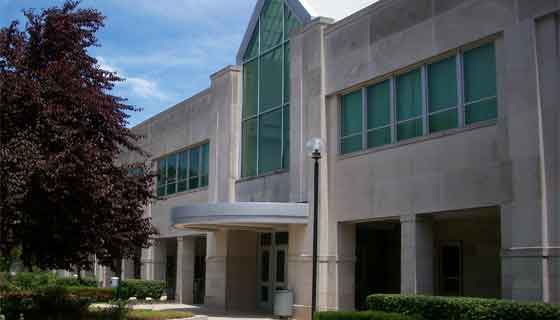South Bend is set to kick off a year-long celebration of our city’s 150th anniversary in 2015. Too often, that history focuses on a building that no longer stands, or a company that no longer exists.
I became enthralled with history because, to me, history is so much more than closed companies or torn down buildings. It is about people, like you and me, who lived their lives facing trials and troubles, happiness and hardships.
It is especially about people like the woman in the front row of this picture, fourth from the left. Her name is Odie Mae Johnson Streets. She worked her entire life to promote education, civil rights, and social justice in our city. She is fairly light skinned, but as a woman of color, Central High was one of the only integrated schools in South Bend when she graduated in 1931.
The school was integrated, but many of its activities were not. Ms. Streets recalled:
[B]lack girls were not allowed to take swimming classes, so one day I told my friend, ‘I’m going to sign up. They will have to tell me I can’t take swimming lessons.’ [E]veryone knew I was from an Afro-American background, because I was active in a lot of sports, and the gym teachers all knew. I signed up and they let me take it, but it was several years before the class was open to all children.
Ms. Streets kept pushing our city to change for the better, specifically, bridging the gaps between South Bend’s African American and burgeoning Latino communities. After earning a degree in Spanish in 1968, she served on the board of the El Centro Migrant Center aiding Mexican Americans, taught English to women who stayed at the YWCA, was a volunteer teacher for Head Start, and gave her time and talents to too many other places to mention in one short post.
After a long, full life, she passed away in 2006.
As we celebrate 150 years of our city’s history, I hope we remember that in addition to the buildings and the companies, there are people like Odie Mae Streets who spent their lives working, laughing, crying, and making our city the best it can be – just as we do today. Celebrating their triumphs and avoiding their troubles is the unique opportunity that history gives us to make our efforts that much easier.
Sources:
“Biographies, Dr. Bernard and Odie Mae Streets.” Indiana University South Bend Civil Rights Heritage Center, Streets Family Collection, Accessed December 27, 2014.
Oral history of Odie Mae Johnson Streets, January 24, 1996. Indiana University South Bend Civil Rights Heritage Center, Streets Family Collection.
Image Credit: Indiana University South Bend Civil Rights Heritage Center, Streets Family Collection.
About the Author: George Garner is a graduate of Kutztown University (Pennsylvania) with a bachelor’s degree in history and the Cooperstown Graduate Program (New York) with a master’s degree in museum studies. Garner gained experience in museum administration, exhibitions, education, and collections care at such well-known institutions as the National Baseball Hall of Fame and Museum and the Chesapeake Bay Maritime Museum in St. Michael’s, Maryland. Garner currently works with the Studebaker National Museum and the Indiana University South Bend Civil Rights Heritage Center.
————











